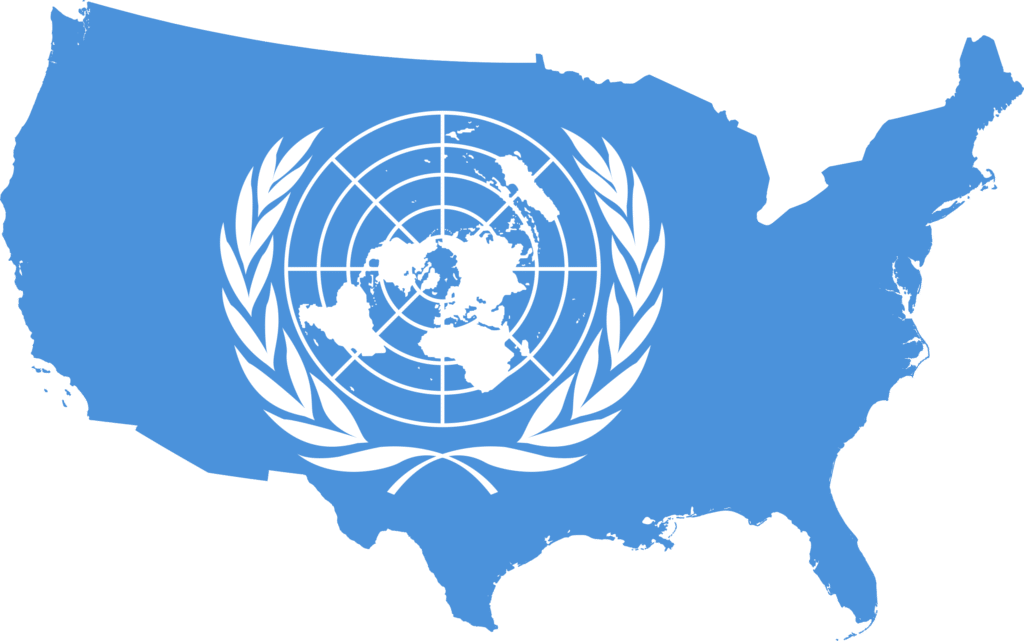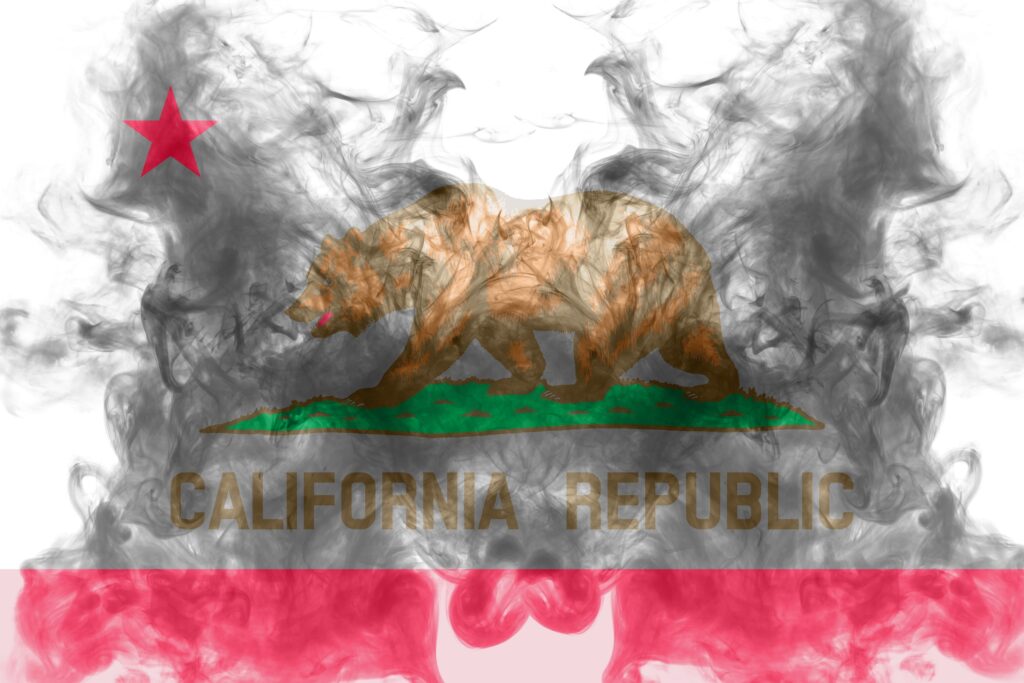ITC Continues to Snub the Public Interest
The ITC recently decided in Botulinum Toxin Products (Inv. 1145) to block for the first time an imported product based on the foreign theft of foreign trade secrets that are not owned or known by any U.S. company or practiced by any other product sold in the United States. As I noted in an earlier post, the ITC’s reasoning behind this unfortunate decision aptly shows how the agency is consistently working to expand its powers under Section 337 beyond its intended role of protecting American industry from unfair import competition.
Last week, the Federal Circuit ordered a temporary stay of the ITC’s exclusion order while the respondents prepare their appeal. Then on Friday, the parties announced a settlement that will allow importation of the accused product under license. This is good news for consumers and taxpayers, who were going to be stuck with higher prices for both cosmetic and therapeutic botox injections. But it also means that the ITC’s decision will remain standing as precedent in future Section 337 cases.
In addition to laying out a shockingly expansive interpretation of the agency’s powers, the Commission Opinion in this case also revealed a stunning disregard for the ITC’s statutory duty to protect the public interest.
Background
The accused product in the Botox case was a cosmetic injection called Jeuveau, made by Korean company Daewoong. The ITC determined that Jeuveau was made using trade secrets stolen by Daewoong from another Korean company called Medytox. This case was unusual from the very beginning, because it was filed by two unaffiliated companies where one is the victim of an unfair act and the other is a domestic industry injured by the imports.
In trade secret cases, the ITC can issue an exclusion order only if the imports “substantially injure an industry in the United States,” but Medytox has no U.S. presence and sells no products in the U.S. market. In this case, however, the domestic industry allegedly injured by the imports is Allergan, an Ireland-based pharmaceutical company that makes Botox.
The only connection between Allergan and Medytox is an anticompetitive, market-allocation agreement the two companies signed in 2013 after Medytox developed an injection that could compete with Botox and get FDA approval in the United States. In that agreement, Allergan paid Medytox over $300 million not to introduce its new product in the United States by giving Allergan distribution rights for the new product in all markets outside Korea and Japan. In those two countries, Botox has a market share of about 10%. But in the United States, where Allergan has prevented the introduction of Medytox’s product, Botox enjoys a market share of 70% for cosmetic uses and 90% for therapeutic uses.
The Public Interest Test
When the ITC was first granted the power to block imports under Section 337, Congress explicitly directed the agency to consider whether an exclusion order would have an adverse impact on “the public health and welfare, competitive conditions in the United States economy, the production of like or directly competitive articles in the United States, and United States consumers.”
In its Botox opinion, the ITC provided only a brief discussion of the public interest, finding that an exclusion order would not negatively affect any of the enumerated factors. In all, the Commission’s consideration of the public interest took up not quite four pages in the 72 page opinion. And most of the discussion was a recitation of the statute and the parties’ arguments.
But the public interest is not meant to be an afterthought in Section 337 investigations.
The Senate Committee Report for the Trade Act of 1975 explains that “the public interest must be paramount” and that “the public health and welfare and competitive condition in the United States economy must be overriding considerations in the administration of this statute.” That report also states that “in cases where there is any evidence of price gouging or monopolistic practices in the domestic industry” it is “particularly true” that “an exclusion order would have a greater adverse impact on the public” and “should not be issued.”
That admonishment applies perfectly to this case. Not only is there clear evidence of monopolistic practices in the domestic industry, the anticompetitive consequences of Allergan’s agreement with Medytox were a key part of the ITC’s findings that Allergan was injured at all.
Specifically, the Commission found that Allergan’s Botox business suffered from “lost market share, lost profits, and underselling” by Jeuveau. In other words, the introduction of Jeuveau negated the benefits Allergan enjoyed from limited competition. That limited competition was not the result of intellectual property protection (remember, Allergan does not know or practice the trade secrets) but of Allergan paying Medytox to stay out of the U.S. market.
The Commission, however, dismissed concerns about Allergan’s anticompetitive scheming, stating that an exclusion order would not harm competitive conditions in the United States because “there are other companies” that market competing products. They made no attempt to explain how a company could legitimately achieve a 90% share of the market for therapeutic applications of an unpatented pharmaceutical product that faces healthy competition elsewhere, nor did they address the significant qualitative difference between Botox and its other competitors’ products that makes Jeuveau such a serious threat to Allergan’s business.
Also in its findings on injury, the Commission noted at length how competition from Jeuveau would harm Allergan by limiting its ability to charge high prices both to patients and to Medicare for therapeutic, medical applications of Botox. In its public interest discussion, however, these higher prices are deemed irrelevant.
The agency directly dismissed concern about disrupting the current development of a new therapeutic injection based on Jeuveau by noting that an exclusion order would merely impose “more time and cost.” And in a curious position for a trade agency, the ITC found that “drug development, testing, or clinical trials [need not] take place in the United States.” The agency’s indifference toward pharmaceutical prices, Medicare reimbursement rates, and domestic drug development is completely out of step with long-standing, bipartisan policy priorities of the federal government.
The ITC’s public interest discussion concluded with a bold statement that higher prices for consumers “does not justify a determination that the pubic interest in protecting intellectual property rights is in any way outweighed.”
But this case implicated little if any public interest in the protection of intellectual property. The violation of Section 337 is based on foreign misappropriation of foreign trade secrets that are not embodied in any product American consumers have access to. And the reason American consumers cannot buy products that use the trade secrets is due entirely to the “license agreement” that formed the basis for standing and injury at the ITC. Put simply, the exclusion order furthers a scheme intended to devalue the intellectual property at issue in the case. That exclusion order may further Allergan’s interest in preventing competition, but it serves no public interest whatsoever.








